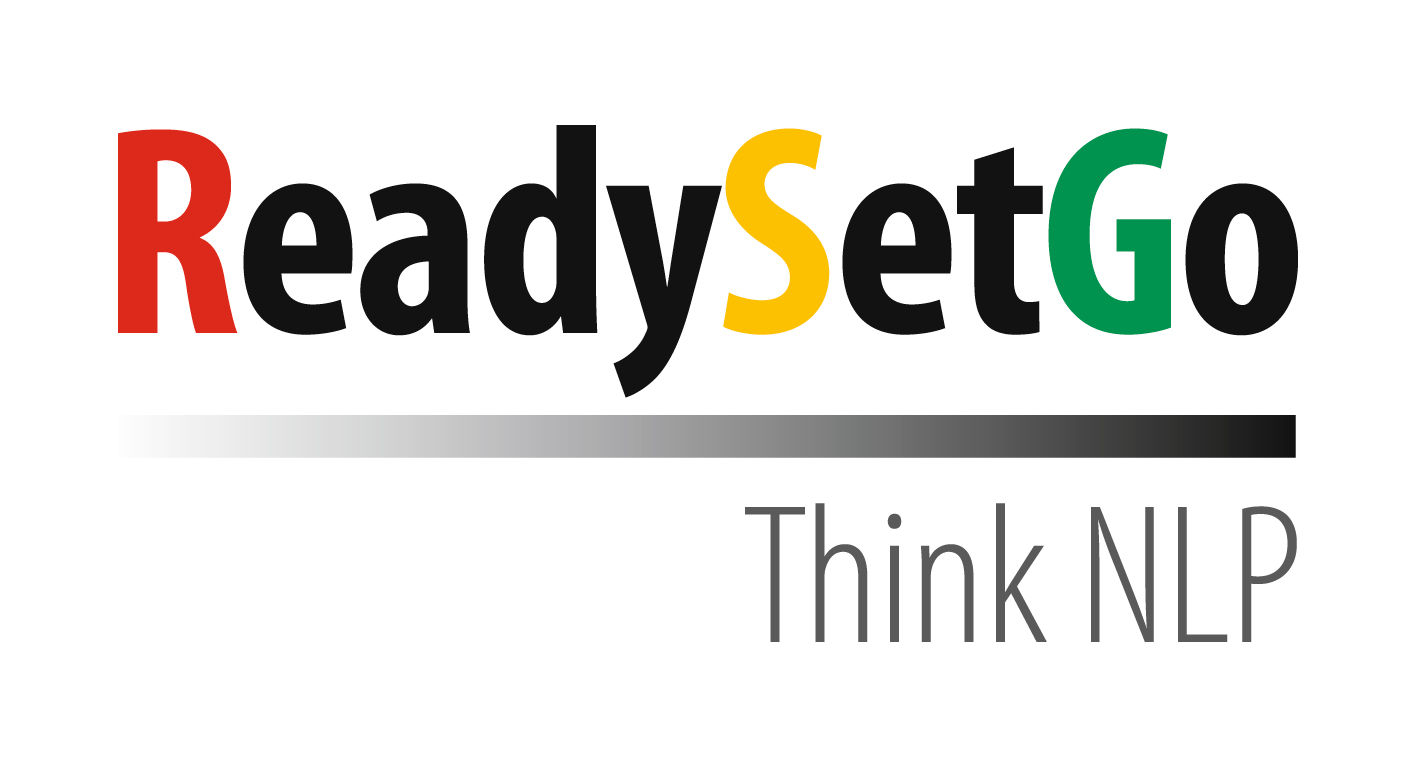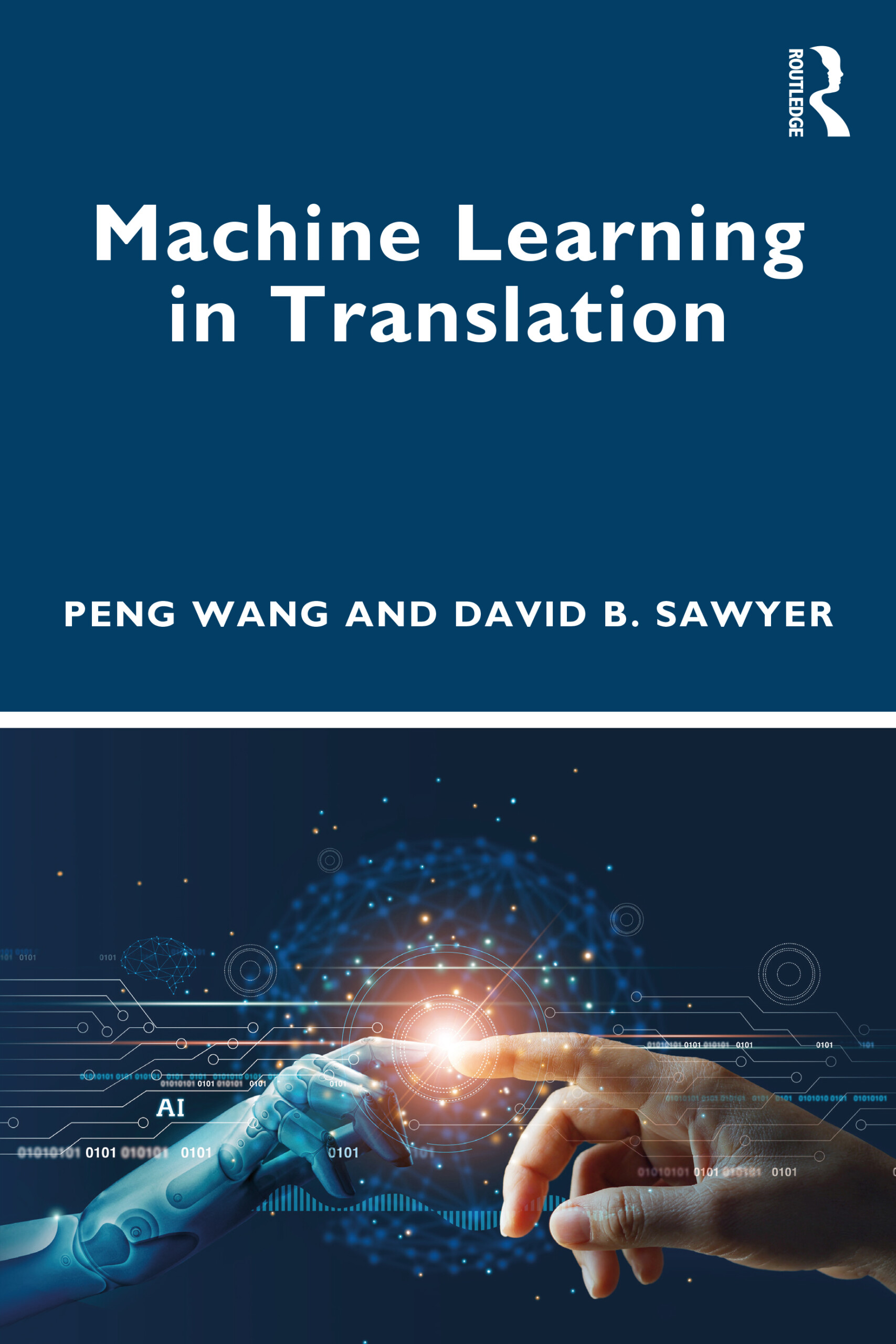ReadySetGo: Think NLP
This session helps localizers develop NLP habits of mind. It will demystify threshold concepts and introduce use cases of processing human-touched data. The class aims to empower you with basic NLP tools and methodologies. By developing NLP mindsets, you will be able to incorporate AI into your existing business strategic plans and/or personal career development.


Develop NLP Habits of Mind: Expand the boundaries of localization with AI
Monday, May 20, 2024 – 6:00pm-8:30pm CEST / 12pm – 2:30pm EDT
Natural language processing (NLP) is an important application area of artificial intelligence. Through parsing, tagging and analyzing naturally occurring texts or speeches, computer programs can achieve a certain level of language understanding like humans, including extracting the meaning or intent behind language. NLP is fueled by data, powered by a range of computational techniques, and driven by human purposes.” (Peng Wang 2021)
A few examples of NLP tasks in localization: machine translation, translation-related text analysis, text summarization, text classification, multilingual information extraction, and speech recognition.
To harness the power of AI, the key to success is more humans than data, as the ultimate goal of using technologies is to serve humans, rather than machines. Stakeholders need to understand NLP as a new dimension of thinking that changes the way of how a localization process is organized. With this mindset, your NLP tools will be able to help you achieve your business goals in your own way.
This session helps localizers develop NLP habits of mind. It will provide an overview of data landscape for multilingual AI as well as fundamental NLP concepts and techniques for machine learning. Participants will get hands-on experience in an AI simulation game to understand and develop their own thoughts on NLP.
What to do when translation becomes a side product of localization?
From an NLP perspective, what a localization process can generate is far more than translation itself. When translation is not the only option that accounts for most part of human work, how do you use your manpower? Time to give it some thought – the earlier, the better.
How to use linguistic data to interface with machine intelligence?
Data, in particular, linguistic data, is an interface for communication. An NLP project can be organized in two ways: around its workflow actions (what is happening) or around its data (what is being affected). Data can improve and augment both human and machine intelligence. By manipulating and managing linguistic data, a project manager and other stakeholders can maximize the value of data in localization.
Participants will learn:
- An overview of data landscape for multilingual AI
- Fundamental NLP concepts and techniques for machine learning
- How to use linguistic data to interface with machine intelligence
- How to use NLP to cut down the cost without compromising on quality
- How to effectively manage your manpower in an AI driven localization process
Target audience
The class aims to empower you with basic NLP tools and methodologies. By developing NLP mindsets, you will be able to incorporate AI into your existing business strategic plans and/or personal career development. This class has no specific prerequisites in terms of technical experience and previous knowledge on NLP AI.
Job titles may include:
- Project Managers tasked with implementing an NLP AI solution
- Vendors who want to leverage NLP AI to meet their clients’ needs
- Buyers who want to implement NLP AI
- Decision-makers who have to understand NLP AI but don’t want to become technical experts
- IT professionals involved in NLP implementation
- Content Managers responsible for global content
Course outline
Part I: Data landscape for multilingual AI
Part II: Fundamental NLP concepts and techniques for machine learning
Part III: NLP tasks and use cases in localization
Part IV: AI simulation game
Deliverables
Participants will have time to participate in an AI simulation game to develop their thoughts and ideas on NLP. The game will be conducted and reviewed from both the buyers’ and the suppliers’ perspectives. In addition, all participants will have a taste of using machine teaching & learning to amplify human expertise, automate data processing, and transform data into knowledge.
10% discount for 3 or more students from the same company – please contact jill@localizationinstitute.com for more information.
Please note: recording or republishing any of the class sessions is prohibited. We do this in order for students to be able to speak and share experiences freely with the instructor and their fellow classmates in a comfortable and safe environment without fear that something they say might later be made public.
About Your Instructor

Dr. Peng Wang has taught, researched and practiced translation and localization on three continents. She is the convener for EDUinLOC, the chair of the automation/AI track for LocWorld conferences and a part-time professor at the University of Ottawa. Previously, she was the CAT Tools Coordinator at the University of Maryland.
Dr. Wang has rich research experience on NLP AI, having worked as a linguistic researcher at the Corpus Research Lab at Northern Arizona University, a domain expert for data mining projects at the University of Maryland and an honorary research fellow on automatic discourse analysis tools at the University of Liverpool. Her current research and practice focus on human learning vs. machine learning, machine translation, terminology and multilingual corpus analysis.
Dr. Wang has published about 30 articles and two books. She is an expert in approaching technology in the context of culture and humanities. She embraces linguistic and cultural diversity in her classrooms, with students aged from 18 to over 70, in over 10 language combinations, coming from UAE, China, Italy, Spain, Germany, Morocco, Colombia, Mexico, and Haiti, to name just a few.
One of her most recent publications is entitled On The Role Of Machine Learning In A Human Learning Process, in which she investigated word distribution in vector space trained on different corpora and how human learners gather insights from machine learning results.
Testimonials
Dr. Peng Wang’s Latest Book
Machine Learning in Translation
On March 22, 2023, Dr. Wang and co-author David B. Sawyer published Machine Learning in Translation. For more information about the book and to purchase your copy, please click here to visit the publisher’s website.
Overview
Course Differences
Some might wonder how the Ready Set Go: Think NLP is different from another class that Dr. Peng Wang is teaching: The Machine Translation Master Class. If so, please check out the following table to compare their features:
| Machine Translation Master Class | Think NLP RSG class | |
| In common | Both classes are on technology, but prioritize humans. They approach translation and localization from the perspective of a linguist, a project manager and other domain expert, as opposed to a technical expert such as a computer programmer, both of whom are main drivers leveraging AI to magnify and scale human knowledge of translation. | |
| Differences |
|
|
| Key Takeaways |
|
|


